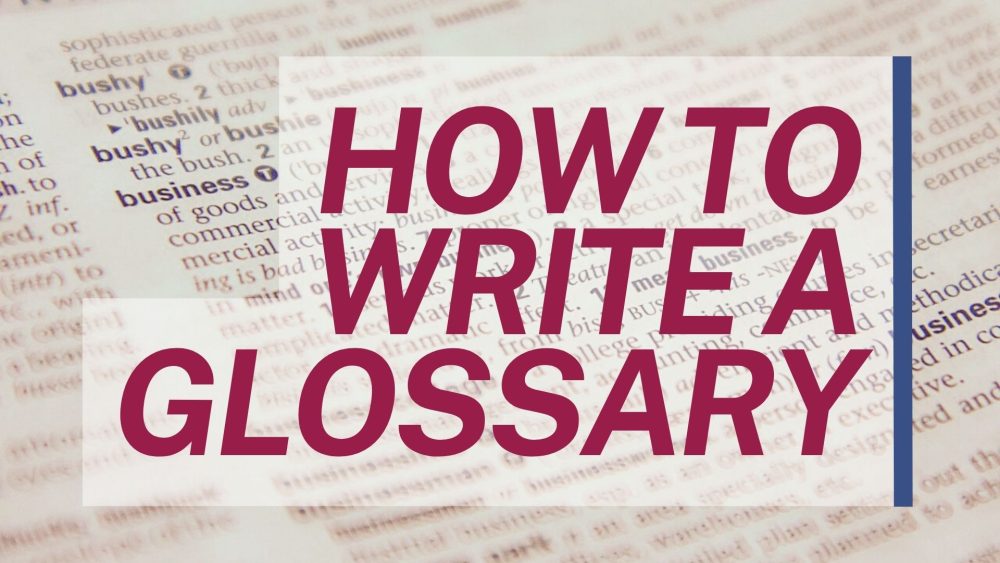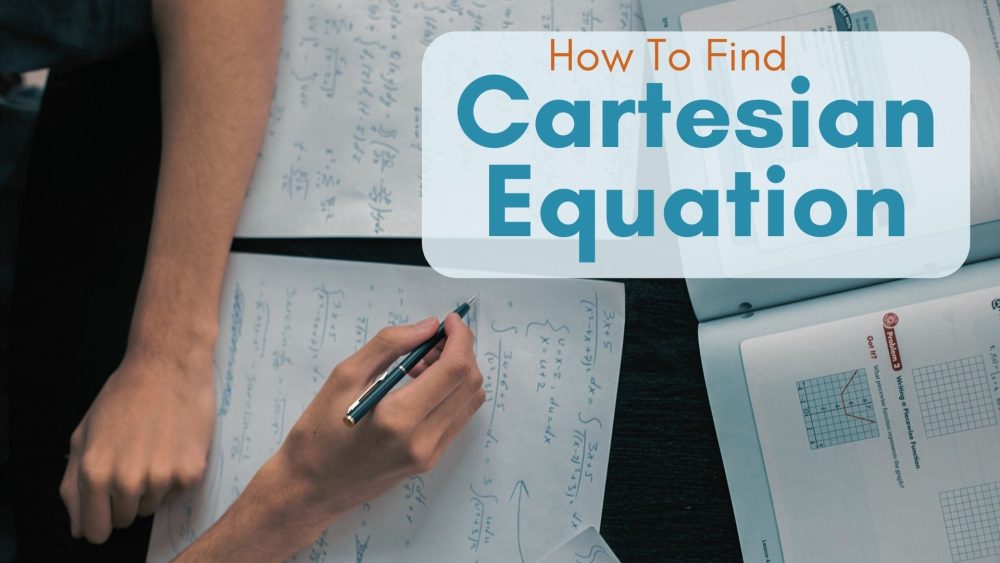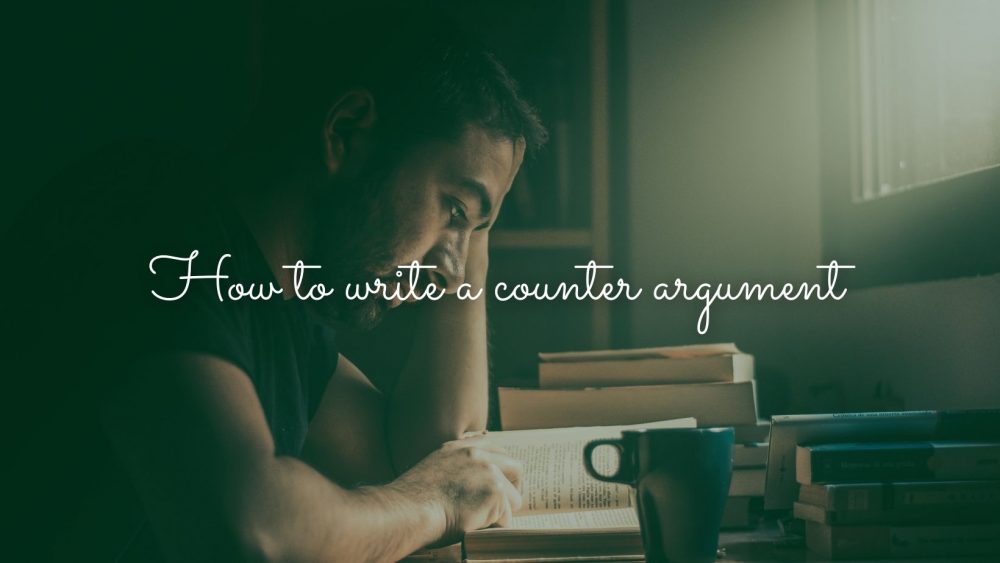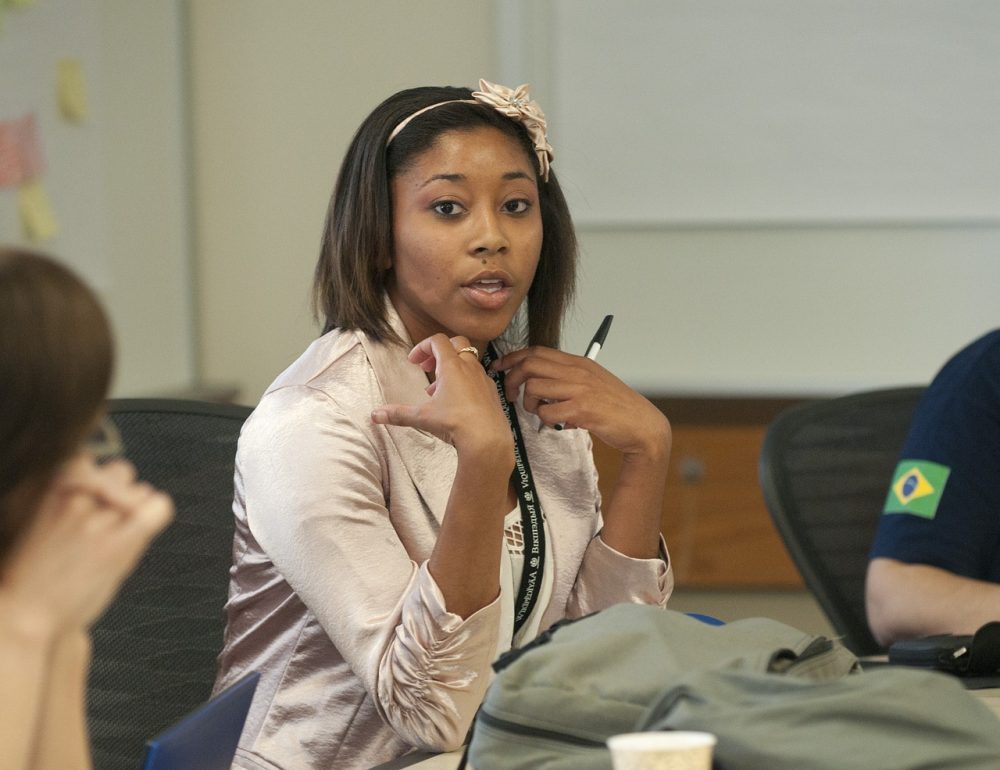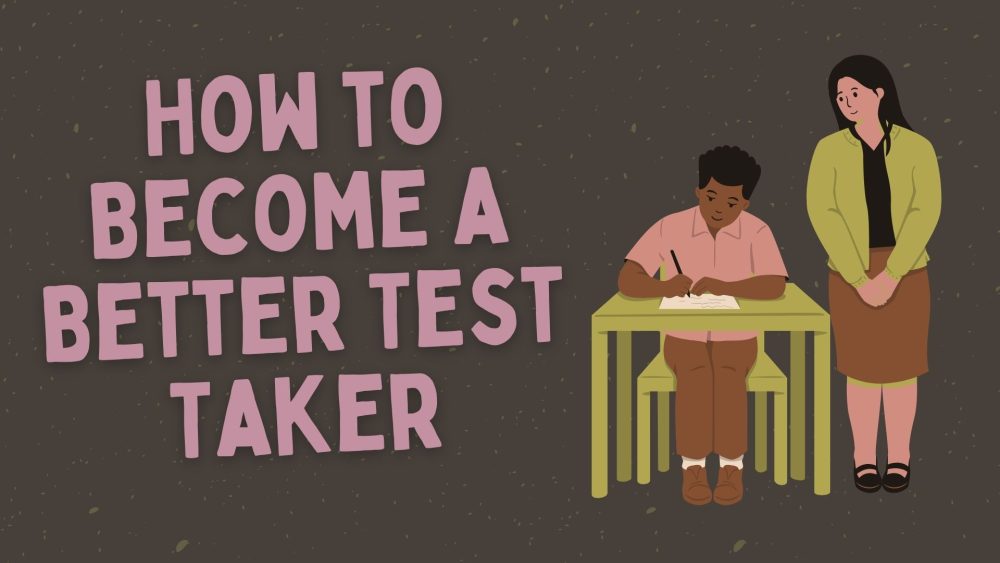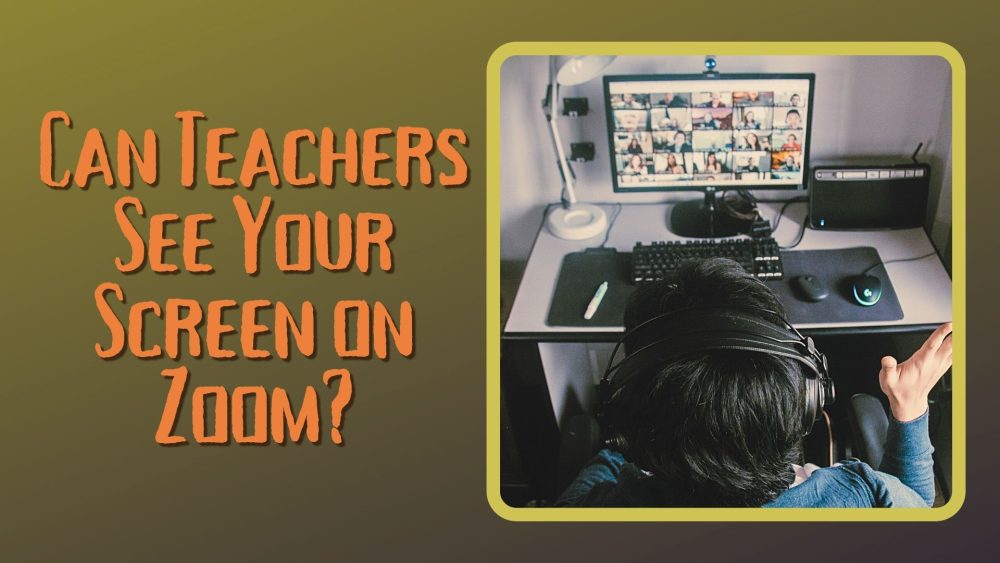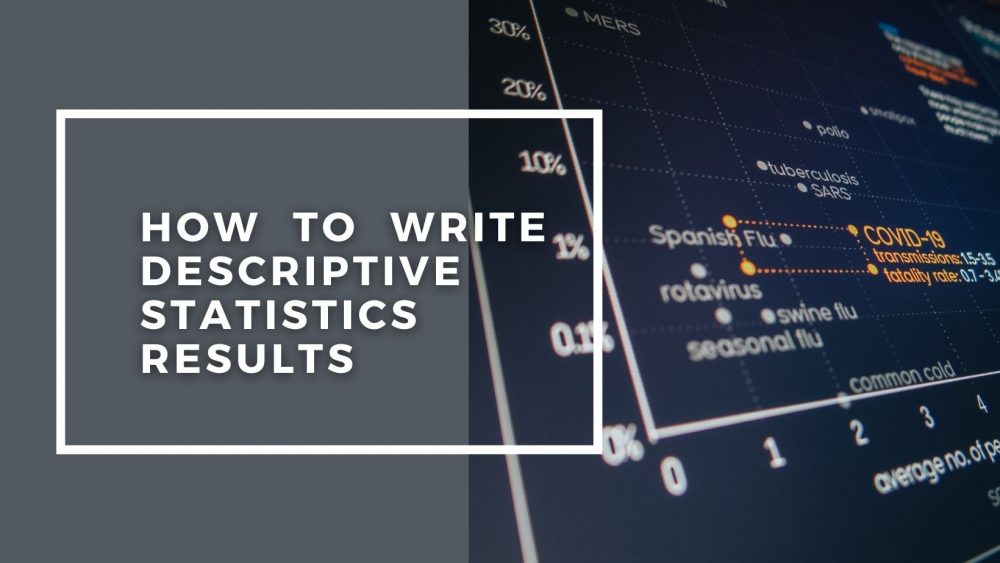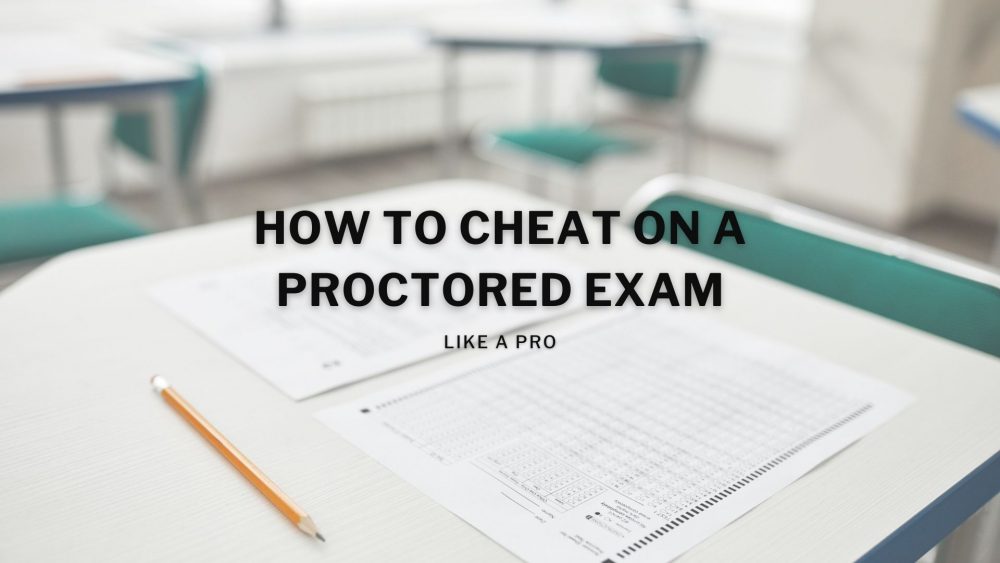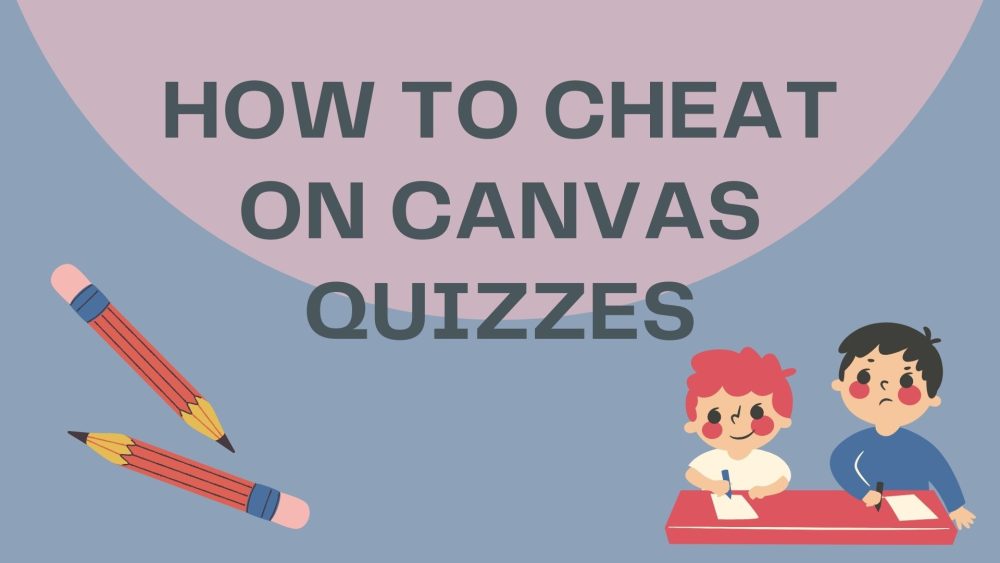How To Prove You Did Not Plagiarize Your Homework? Here’s The Answer!
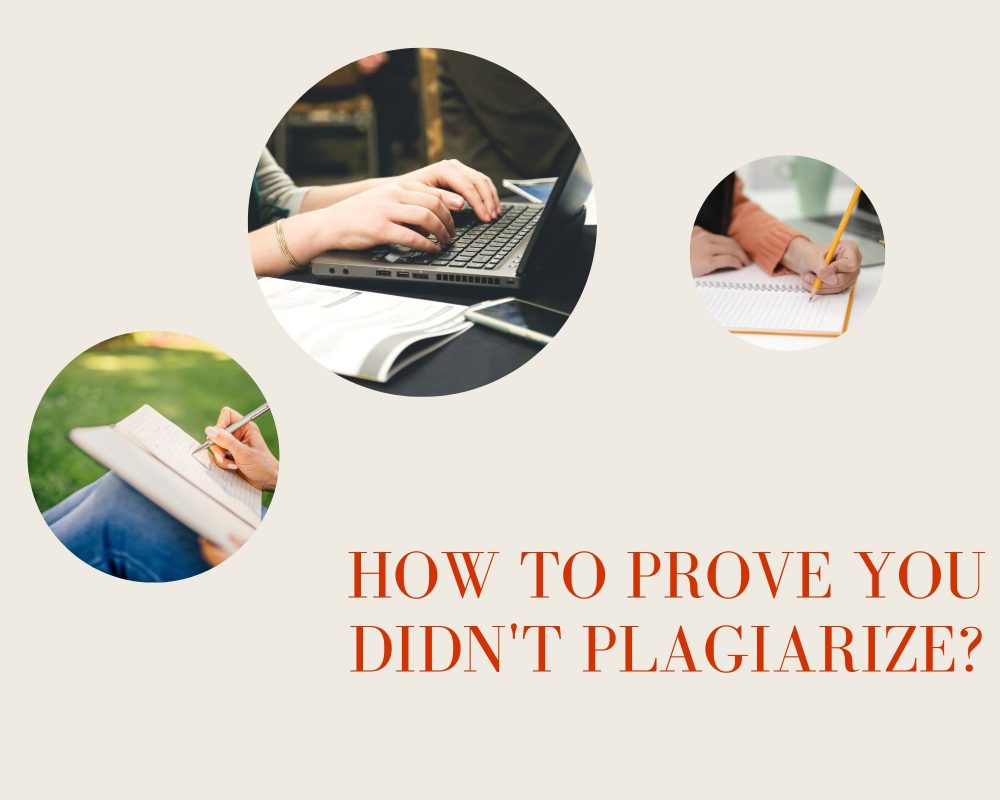
Have you been wondering “how to prove you didn’t plagiarize your assignment?” Well, we have the answer for you.
Table of Contents
In academics, plagiarism is one of the serious offenses that you can be accused of. However, writing academic assignments is tough, requiring a strict focus on details, time, and using the right resources. If you are accused of plagiarism, the implications can be dire, including the risk of your grades being canceled. Therefore, plagiarism must be avoided at all costs!
However, it is also possible to get accused of plagiarism wrongly. If you are sure you did your work diligently and never plagiarized it, how do you wrestle down the accusations of plagiarism? Keep reading to discover the best way to get out of the problem when “Turnitin says I plagiarized, but I didn’t.”
Are You Sure that You Are Falsely Accused of Plagiarism?
“My professor accused me of plagiarism, what should I Do?” In such a situation, you do not have many options other than giving the truth. Do not try to lie because it is likely to escalate the already complicated situation!
If your assignment is plagiarized, but you insist that it is not, your lecturer is likely to recommend very serious penalties. The best way to go about it is by talking to your teacher, and face the consequences. Go ahead and apologize, and that might be all that you need to address the problem. In most institutions, you will be required to provide a written apology, promising not to repeat that again. Also, request your teacher or department to redo the paper from the scratch.
That is the best way on how to get out of plagiarism when you know that you indeed plagiarized. However, “How should I handle the situation if my teacher accused me of plagiarism but I know that for sure I did not?”
How Do College Professors Check for Plagiarism?
Today, technology has advanced so much in different areas, allowing people to do things that would otherwise have been considered impossible. In academics, teachers use online plagiarism checking software that helps them easily establish whether a student has plagiarized his/her work.
Common plagiarism tools your professor might use include Copyscape and Grammarly. By simply running your assignment through these tools, your teacher can generate reports showing the sources from where the work was copied. For most professors, the basis of accusations of plagiarism mainly revolves around two things.
The style and language of writing.
Using models beyond your scope of understanding.
What to Do if You are Falsely Accused of Plagiarism
Have you been wondering of “What to do if your teacher thinks you plagiarized but you know that you haven’t?” Here are some things that you can do to prove you never plagiarized the work:
- Be Honest
When it comes to handling issues about plagiarism, it is like walking to a medical examinations office, where you simply have to tell the truth. Therefore, revisit the definition of plagiarism and ask this question: “Did you really plagiarize your work?” If you establish that you did, admitting it can help to save you from bigger trouble.
- Take a Note about Unintentional Plagiarism
Notably, plagiarism at times happens unintentionally. Things such as failing to cite sources can result in accusation of plagiarism. If the plagiarism was not intentional, seek a meeting with your teacher to demonstrate it, and admit the mistake. In most cases, your teacher will give you the opportunity to fix the problem.
- Request to Have an Oral Defense
When you are accused of plagiarizing your work wrongly, one of the best ways out is seeking an oral defense. You can prepare an oral report about your paper or oral presentation, which will help to demonstrate that you indeed did the work without copying from other sources.
- Confront the Problem with Evidence
You are sure you did not plagiarize, right? Then, prepare evidence to support that and present it to your teacher. This means assembling the drafts, notes, outlines, and other materials that you used to prepare the assignment. Even if the professor “accused me of plagiarism,” the evidence will demonstrate that the bits of plagiarism captured by plagiarism tools were not intentional.
- Take Advantage of Your Good Track Record
If your previous academic work is clean, demonstrating your innocence will be easy. Go ahead and highlight personal knowledge about the subject and skills in writing the paper. Emphasize that plagiarizing your academic work goes against your personal principles, demonstrating that you have not done it in the past and will not even in future.
- Talk to Higher Authorities
Are you still unsure of what to do if a teacher accuses you of cheating in your assignments? Imagine being accused of plagiarism in your final year of study, raising the risk of your grades getting canceled. If you are sure that you did not plagiarize your work, you cannot afford to give up. So, if all the attempts to talk to your professor are fruitless, consider reaching to a higher authority to demonstrate that you did not plagiarize your work. Do not give up until you get a fair hearing!
The Sure Way to Avoid the Mistake of Plagiarism
As we have demonstrated, plagiarism comes with serious repercussions that could spell doom to your career. But instead of wondering “what to say when you get caught plagiarizing, how to email a professor when caught plagiarizing or if I got caught plagiarizing in college what should I do,” the best solution is avoiding plagiarism by seeking writing help. The assistance is offered by professionals in academic writing who understand what is plagiarism and ready to help you get the best grades.


